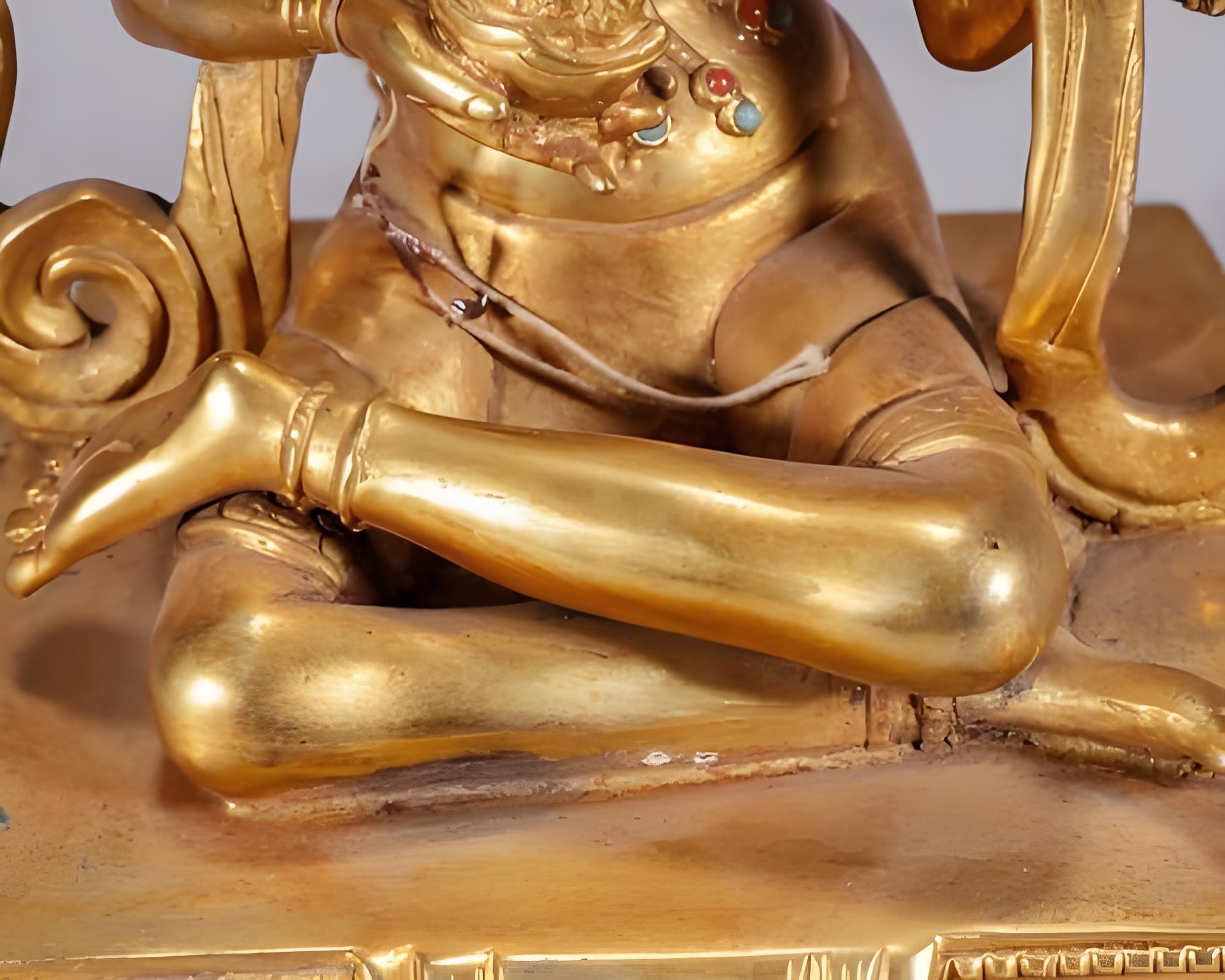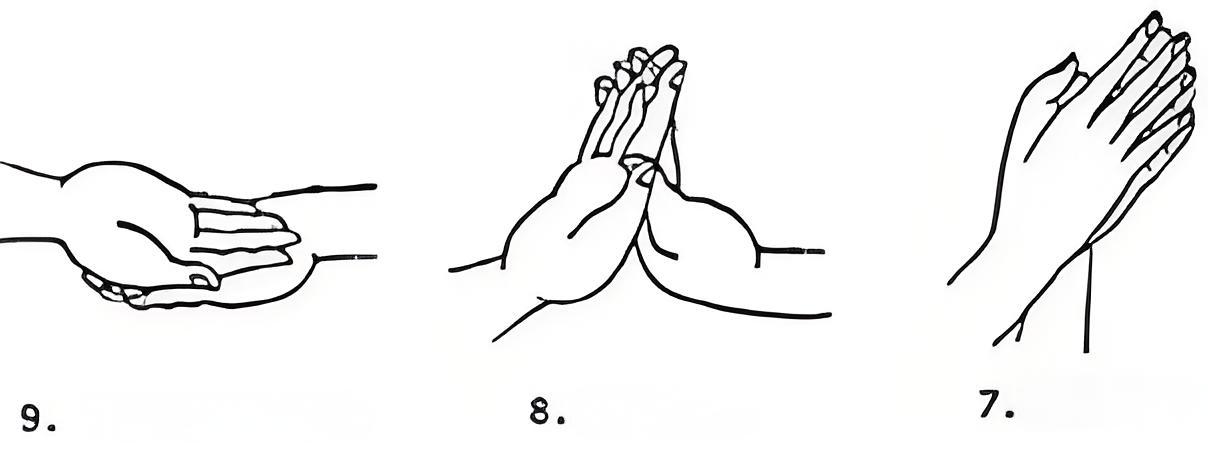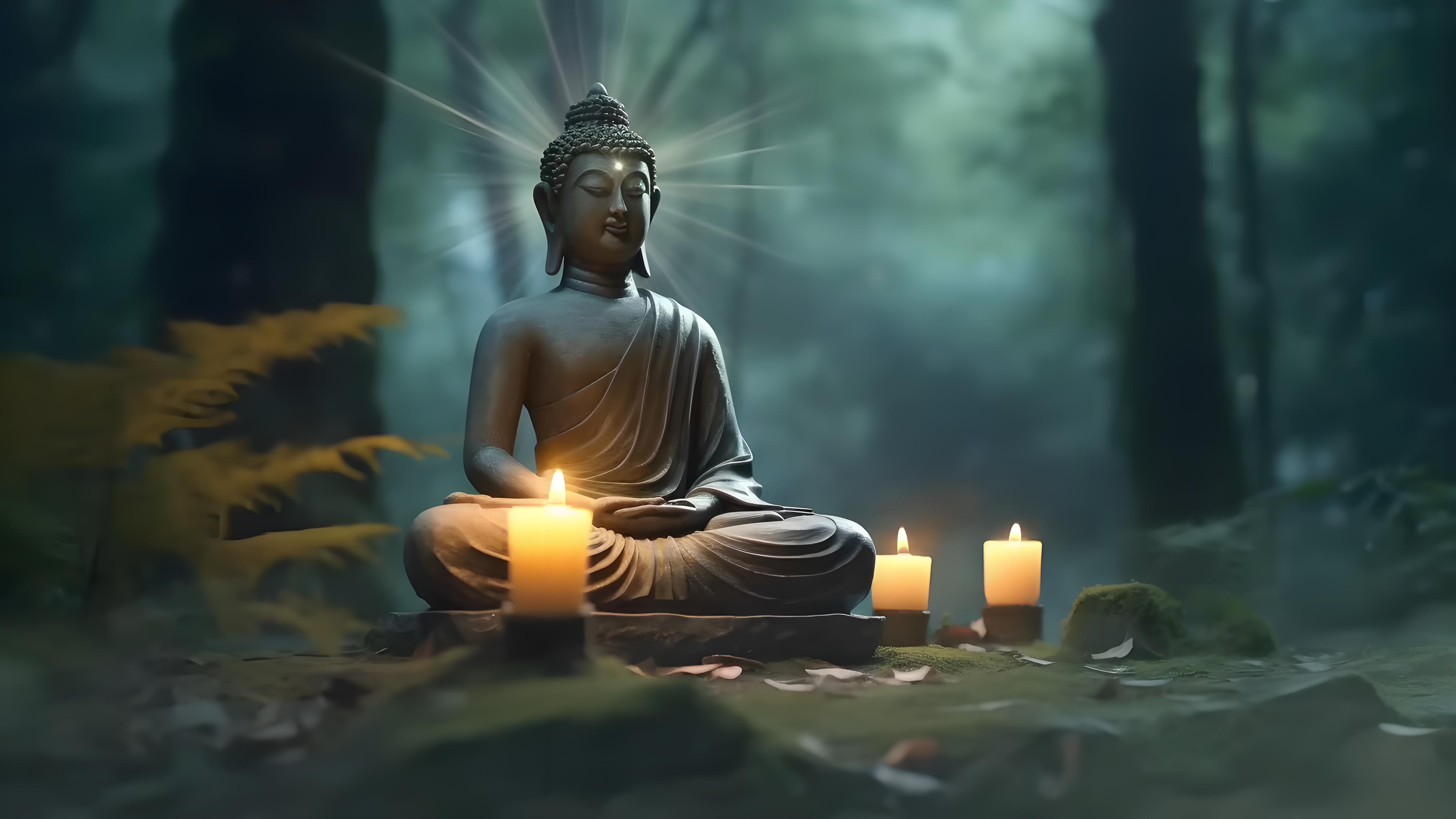type
status
date
slug
summary
tags
category
icon
password
AI summary
In today's fast-paced world, many individuals experience what can be described as derelict stress—a state of chronic exhaustion and emotional strain that feels unmanageable. With constant pressure from work, relationships, and personal responsibilities, it can often seem like there’s no way out of this overwhelming cycle. However, Buddhism offers valuable insights and practices that can effectively relieve this stress and restore balance to our lives. In this article, we explore how Buddhism can help individuals combat derelict stress and find lasting peace and emotional well-being.
1. The Roots of Derelict Stress and the Buddhist Perspective
Derelict stress is a term that encompasses feelings of burnout, emotional exhaustion, and the loss of a sense of purpose. In the Buddhist tradition, stress is often linked to attachment, ignorance, and aversion—the root causes of suffering (dukkha). Buddhism teaches that attachment to fleeting desires and the constant striving for external validation leads to unfulfilling and draining outcomes. These tendencies can result in feelings of frustration and anxiety, which are at the core of derelict stress.
Buddhism offers a unique perspective on how to address this stress, suggesting that true happiness and relief from suffering can only be found by letting go of unhealthy attachments and cultivating inner peace through mindfulness, meditation, and compassion.
2. How Mindfulness Can Help Relieve Derelict Stress
One of the most powerful tools Buddhism offers in addressing derelict stress is mindfulness. Mindfulness is the practice of paying attention to the present moment without judgment. This approach allows individuals to break free from the cycle of overthinking and rumination, both of which contribute to derelict stress.
Through mindfulness, individuals learn to observe their thoughts, emotions, and physical sensations with awareness and without attachment. By doing so, they can create distance between themselves and the stressful thoughts or events that often trigger emotional reactions. Over time, mindfulness enables people to become less reactive to stressors, leading to a calmer and more centered state of being.
Buddhist mindfulness practices such as Vipassana and Zen meditation focus on cultivating awareness of breath, body, and mind. These techniques not only promote relaxation but also enhance emotional resilience, allowing individuals to face life's challenges with a clearer, more peaceful mind.
3. The Role of Meditation in Stress Relief
Meditation is another core practice in Buddhism that has been proven to alleviate derelict stress. Regular meditation encourages deep relaxation and mental clarity, helping individuals detach from the worries and pressures of daily life.
One of the most well-known forms of meditation in Buddhism is Loving-Kindness Meditation (Metta), which cultivates feelings of love, compassion, and goodwill toward oneself and others. By focusing on these positive emotions, individuals can counteract feelings of derelict stress and replace negative thought patterns with those that foster peace and contentment.

4. Compassion and the Reduction of Derelict Stress
Buddhism also emphasizes the importance of compassion—both toward others and oneself. When individuals practice compassion, they develop a greater sense of empathy and understanding, which in turn helps to reduce stress and emotional strain. In fact, research has shown that acts of compassion can activate brain regions associated with happiness and social bonding, leading to improved emotional well-being.
Buddhism teaches that self-compassion is equally vital in managing derelict stress. By being kind and understanding toward oneself, individuals can reduce feelings of inadequacy or self-criticism, both of which often contribute to stress. This shift in mindset allows individuals to approach challenges with greater patience and acceptance.
5. The Benefits of Detachment in Managing Derelict Stress
A key concept in Buddhism is detachment—the practice of not clinging to desires or material possessions. Detachment is not about renouncing the world or withdrawing from responsibilities but rather about releasing the emotional attachment to outcomes. By practicing detachment, individuals can reduce the impact of stressors in their lives, as they no longer view every challenge as a personal crisis.
When faced with difficult situations, Buddhist teachings encourage individuals to take a step back, observe the situation objectively, and recognize that stress often arises from unrealistic expectations. By accepting the impermanence of life and embracing the flow of events, individuals can cultivate a sense of peace and ease, even during turbulent times.
Conclusion: Embracing Buddhist Practices for Long-Term Stress Relief
Buddhism provides profound wisdom for relieving derelict stress. By incorporating practices such as mindfulness, meditation, compassion, and detachment, individuals can begin to dissolve the sources of their stress and cultivate inner peace. These teachings encourage a shift in perspective—from seeking external solutions to finding internal balance and harmony.
If you are struggling with overwhelming stress, consider adopting Buddhist principles into your daily life. Whether through mindful breathing, loving-kindness meditation, or simply learning to let go of attachments, these practices can help you find relief, clarity, and peace, making life more manageable and fulfilling.
Loading...






